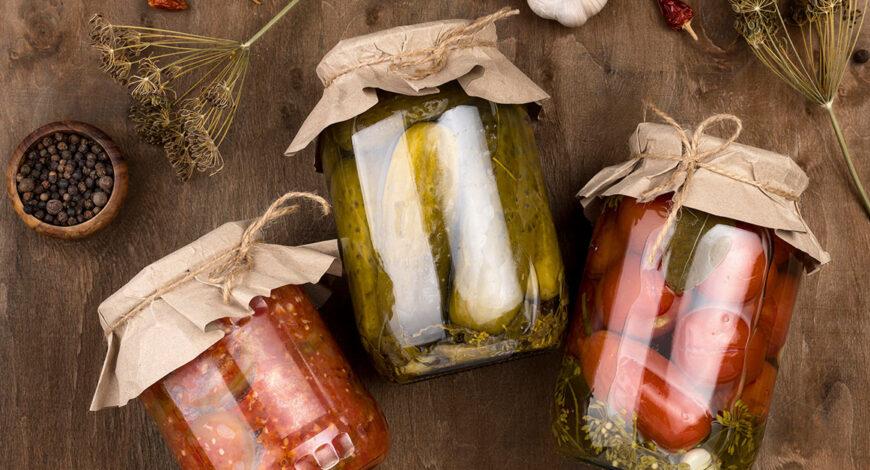As the world grapples with the environmental impact of food waste, it becomes increasingly important to seek sustainable food choices. Pickles, with their ability to transform excess produce into tangy delights, offer a delicious and eco-friendly solution. By reducing food waste, supporting local agriculture, and minimizing packaging waste, pickles demonstrate the power of small actions in our kitchens to create a more sustainable future.
Reducing Food Waste: Food waste is a global issue with significant environmental consequences. By pickling excess produce, we can prevent it from ending up in landfills, where it produces harmful greenhouse gases. Pickling allows us to extend the shelf life of fruits and vegetables, preserving their flavor and nutritional value for longer periods.
Supporting Local Agriculture: Choosing to pickle local, seasonal produce supports local farmers and reduces the carbon footprint associated with long-distance transportation. By sourcing our ingredients from nearby farms, we contribute to the growth of sustainable agricultural practices and strengthen our local food systems.
Minimizing Packaging Waste: Processed and packaged foods contribute to excessive packaging waste. In contrast, homemade pickles require minimal packaging, especially when using reusable containers or jars. By pickling at home, we can reduce our reliance on single-use packaging and make a positive impact on waste reduction.
Creating Flavorful Meals: One of the significant advantages of pickles is their ability to enhance the flavor of dishes. By incorporating pickles into our meals, we can reduce the need for excess salt, sugar, or artificial flavorings. The tangy and vibrant taste of pickles adds depth and complexity to a wide range of dishes, making them an essential ingredient in sustainable and delicious cooking.
Homemade Pickling: Engaging in homemade pickling not only allows us to control the ingredients and flavors but also fosters a sense of self-sufficiency. With just a few simple techniques and readily available ingredients, anyone can pickle at home. This empowers individuals to actively participate in reducing food waste and promoting sustainable consumption practices.
Conclusion: Pickles offer a sustainable food choice that not only delights our taste buds but also helps combat the global issue of food waste. Through pickling, we can reduce waste, support local agriculture, minimize packaging waste, and create flavorful meals. By embracing pickles as a sustainable food option, we take a step towards building a more sustainable and responsible food system. Let us savor the tangy and crisp goodness of pickles while contributing to a healthier planet for future generations.







